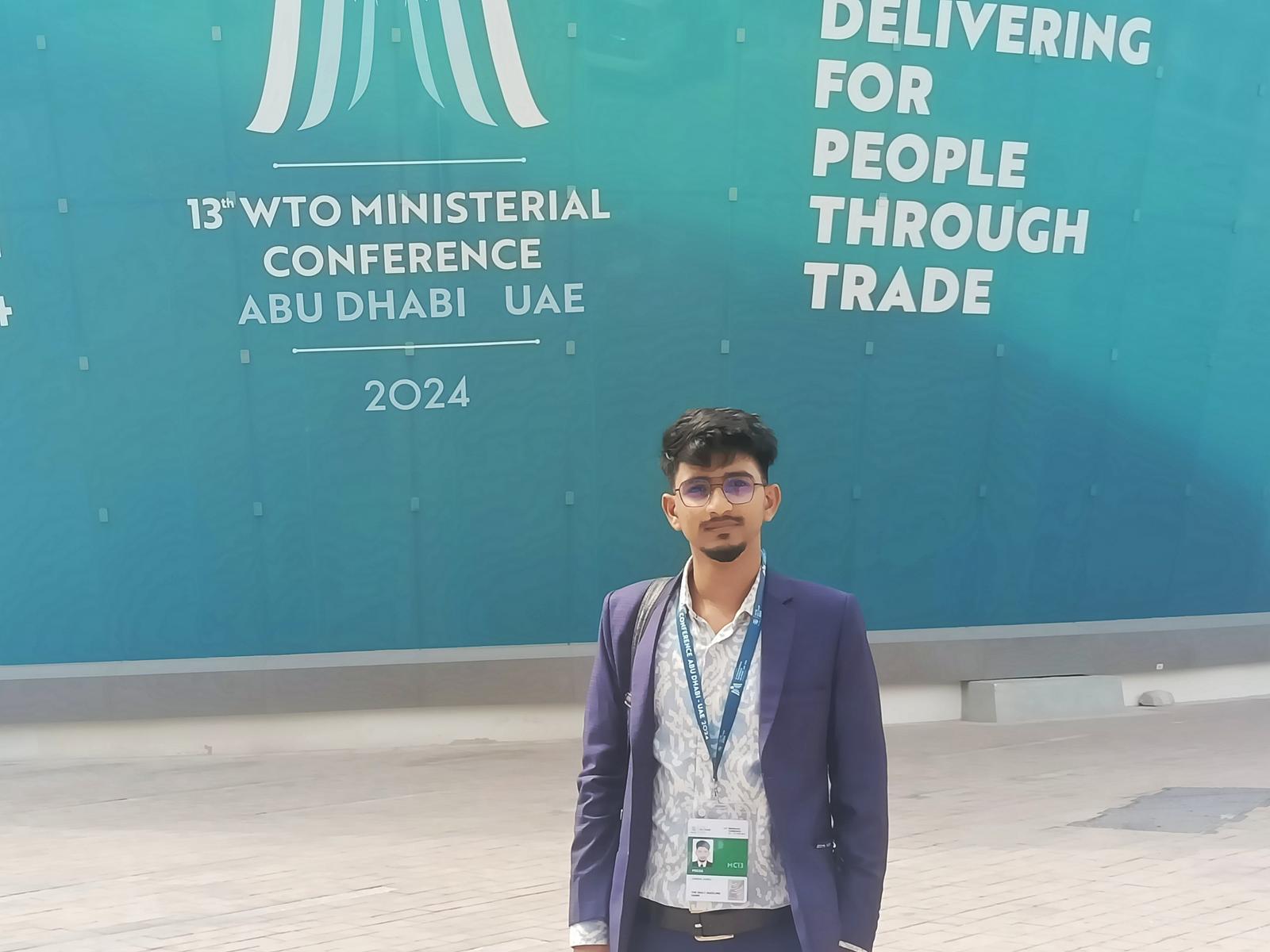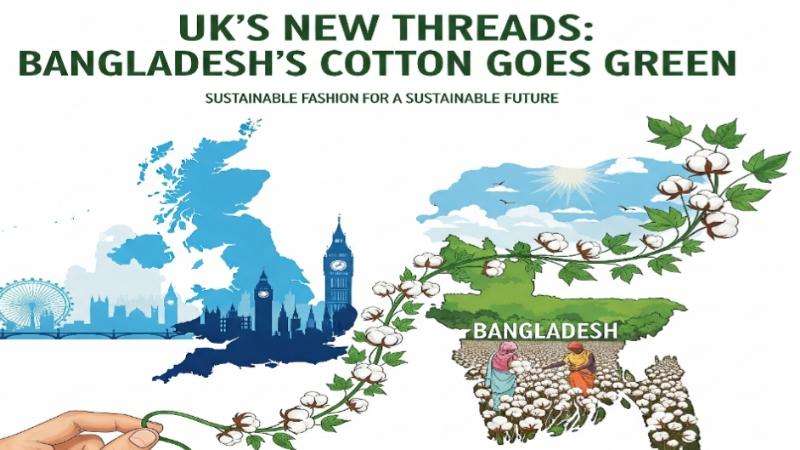In a strategic move to solidify its position as a global textile powerhouse, Bangladesh is embarking on a comprehensive plan to scale up its domestic cotton production, with a new focus on sustainability and traceability. This effort, spearheaded by the Cotton Development Board (CDB), is crucial for a nation that is the world’s second-largest cotton importer and the largest cotton apparel exporter to the UK, Daily Dazzling Dawn understands.
A recent memorandum of understanding (MoU) with CottonConnect, a global sustainable cotton sourcing platform, marks a significant step. The partnership aims to revolutionize the local cotton supply chain by implementing rigorous data collection and regenerative farming practices from the farm to the final product.
While Bangladesh's cotton production remains modest, with approximately 60,000 farmers dedicated to the crop, this collaboration seeks to give the nation's cotton a competitive edge. Md. Rezaul Amin, executive director of the CDB, emphasized that the focus is on creating a higher-quality fiber that promotes a healthier ecosystem, commands better prices, and improves working conditions for farmers.
Alison Ward, CEO of CottonConnect, highlighted the alignment of this initiative with global benchmarks. "By integrating cotton improvements with the country's powerful garment industry, we are creating a future where Bangladeshi cotton is not only competitive but also ethically and environmentally sound," she stated. The partnership will focus on enhancing farmer empowerment, climate resilience, and technological innovation.
A key objective of the agreement is to diversify Bangladesh's cotton exports beyond traditional apparel, which currently constitutes a significant portion of its exports to markets like the UK. The collaboration will explore higher-value possibilities such as medical textiles and bio-composite materials, allowing Bangladesh to capture new, more lucrative market segments.
The timing is critical as global demand for sustainable and traceable products grows. As a major consumer of Bangladeshi cotton clothing, the UK market, valued at over £2 billion, is increasingly scrutinizing the ethical and environmental credentials of its supply chains. By establishing a transparent and sustainable cotton sector, Bangladesh can strengthen its market share and meet the evolving demands of British retailers and consumers.
This partnership comes as the United States Department of Agriculture (USDA) projects a slight decrease in Bangladesh's cotton imports for the 2025/26 marketing year, from a previous forecast of 8.4 million bales to 8.1 million. Despite this adjustment, Bangladesh is still expected to become the world's top raw cotton importer in that period, surpassing its main competitor, Vietnam, and reflecting the continued strength of its ready-made garment (RMG) sector.
The initiative builds on Bangladesh’s broader push for sustainability, which has already seen the country become a global leader in green factories with 233 LEED-certified facilities. The CottonConnect MoU is a strategic move to extend these sustainability efforts further up the value chain, ensuring that Bangladesh’s cotton is not only plentiful but also responsibly produced.
_7.jpg)

_8.jpg)

_7.jpg)



.svg)

.jpg)
_1.jpg)
_1.jpg)